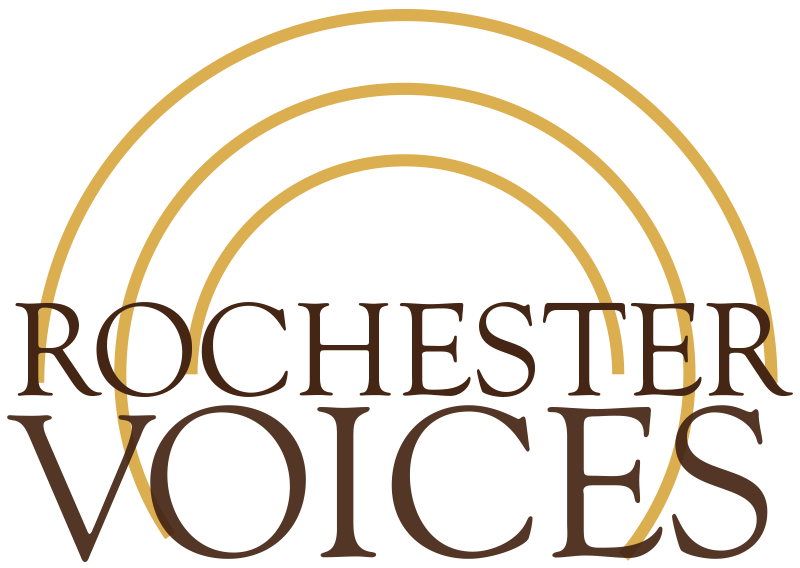Interview, Rev. Andrew Gibson
The Reverend Andrew Gibson was born and raised in the Carolinas. He attended theological seminary school and became a pastor in 1937. He moved to Rochester in 1961 and became the pastor of the Memorial African Methodist Episcopal (AME) Zion Church. In addition to his involvement with the church, Gibson was active in various organizations in the community, including FIGHT (Freedom, Integration/Independence, God, Honor, Today), the Monroe County Human Relations Commission, and the Rochester Are Council of Churches. Gibson passed away on July 26, 1993.
In this interview, Gibson discusses the history of the AME Zion Church and race relations in Rochester from the 1960s to 1980. Gibson explains that Rochester’s Memorial AME Zion church was established in 1829 by the Reverend Thomas James. It was both a church and a school and its mission was to educate and help African Americans in the community. The church also helped escaped slaves get to Canada and served as the original headquarters for Frederick Douglass’ abolitionist newspaper, the North Star.
Gibson explains that he moved north expecting greater social and educational opportunities, but found that the “utopian dream” of racial harmony was not a reality. He remembers finding few black teachers or professionals in Rochester in the early 1960s, and that there was a wide disparity and polarization between wealthy white residents and poor black residents. Gibson reports that organizations like FIGHT have helped improve the employment situation and strengthen the black middle class, but he points out that urban housing continues to be a problem. Gibson says that in some ways racial conditions were better in Winston-Salem, NC, than they were in Rochester in the 1960s. He advises the black community to stay hopeful and to find real solutions to ongoing employment and housing problems.
